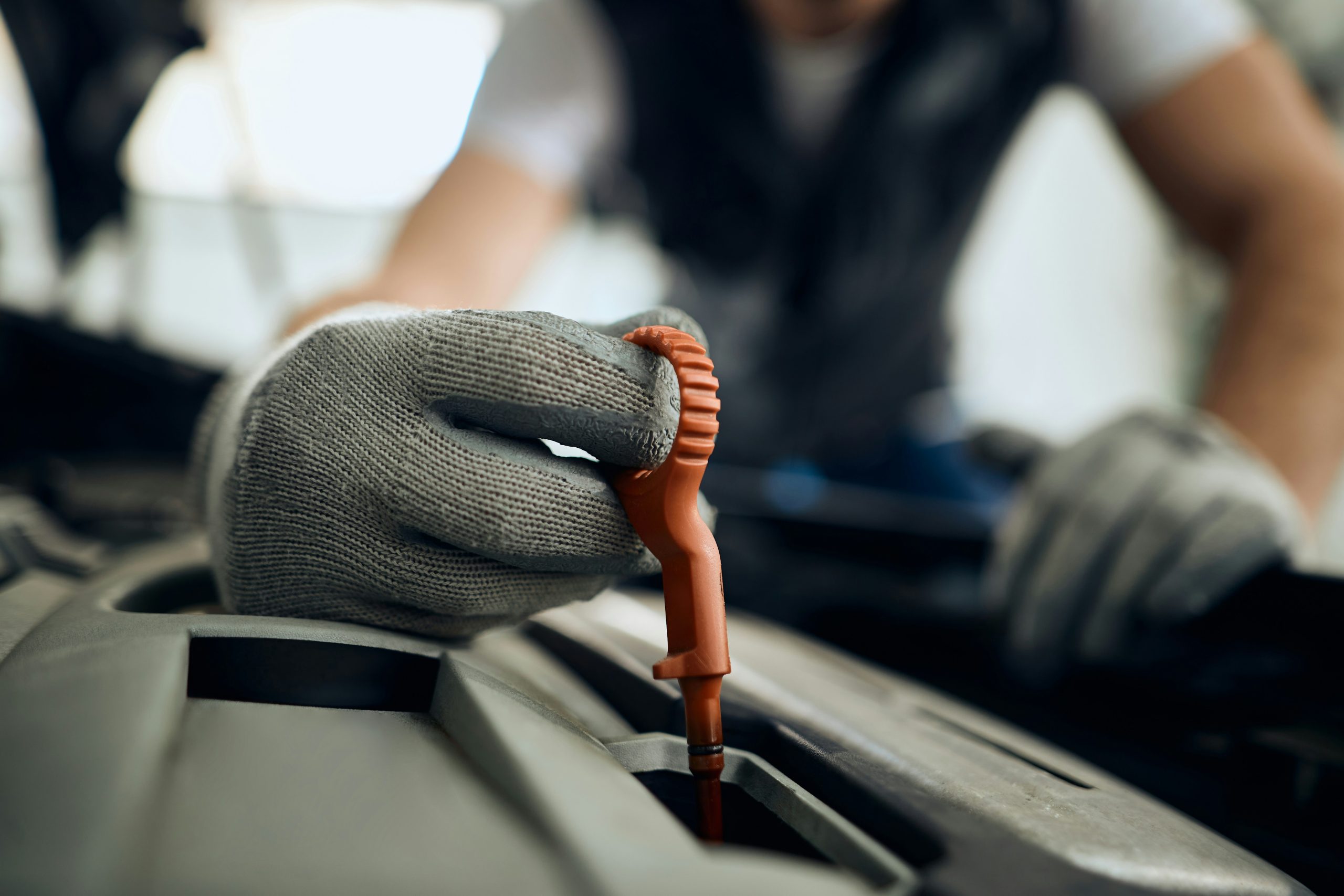
Regular car maintenance is crucial for keeping a vehicle running smoothly and extending its lifespan. Proper care not only prevents unexpected breakdowns but also ensures safety and efficiency on the road. Many drivers are unaware of how simple routine checks and minor adjustments can significantly reduce wear and tear, saving money and enhancing performance over time.
Routine oil changes, tire pressure checks, and brake inspections should not be overlooked. Staying consistent with these small maintenance tasks can prevent major issues and maintain the car’s value. Neglecting these can lead to costly repairs and may even shorten the life of the vehicle.
Additionally, paying attention to warning lights and addressing minor issues before they escalate is vital. Small problems left unchecked can turn into significant failures. Adopting these maintenance habits can lead to a smoother driving experience and extend the vehicle’s life, allowing drivers to avoid unnecessary expenses and enjoy their car for years to come.
Understanding Your Vehicle
Having a comprehensive knowledge of your car not only enhances its performance but also maximizes its longevity. A well-informed owner is better equipped to spot potential issues early, maintain the value of the vehicle, and enjoy a reliable means of transportation.
The Importance of Regular Car Maintenance
Regular car maintenance plays a crucial role in prolonging the lifespan of a vehicle. Scheduled services like oil changes, tire rotations, and brake inspections are essential for preventing wear and tear. By sticking to a maintenance checklist, car owners ensure that major components such as the engine, transmission, and brakes continue functioning efficiently.
Proper maintenance can also improve fuel efficiency. For instance, regular tire pressure checks and air filter replacements can lead to better gas mileage. Ignoring maintenance can result in unexpected breakdowns and costly repairs. Furthermore, a well-maintained car retains a higher resale value, offering financial benefits when it comes time to sell.
Driving Habits for Longevity
Adopting thoughtful driving habits can significantly extend a vehicle’s lifespan. Effective practices focus on reducing wear and tear, managing fuel consumption, and ensuring safety.
Impact of Driving Style on Car Health
Driving style directly affects a car’s mechanical condition. Abrupt starts and stops put unnecessary stress on the engine and brakes. Smooth acceleration and deceleration reduce this strain, prolonging component life. Excessive speed increases wear while also reducing fuel efficiency.
Maintaining a steady speed is beneficial for both the vehicle’s longevity and fuel consumption. It prevents frequent gear shifts that can wear the transmission. Regularly coming to a complete stop before reversing also guards against wear on the drivetrain, aligning with manufacturers’ recommendations for maintaining car health.
Tips for Efficient Driving
Adapting certain driving techniques can enhance efficiency and extend the vehicle’s operational life. Avoiding high RPMs, especially when the engine is cold, minimizes stress on engine parts. Efficient driving also involves anticipating traffic flow and reducing unnecessary idling. This not only saves fuel but also limits emissions.
Keeping tires properly inflated decreases resistance, leading to better mileage and less stress on suspension components. Engaging in a pre-journey inspection, including ensuring fluids are at optimal levels and no unusual sounds are present, supports a smoother driving experience. These steps assist drivers in maximizing their vehicles’ potential lifespan.